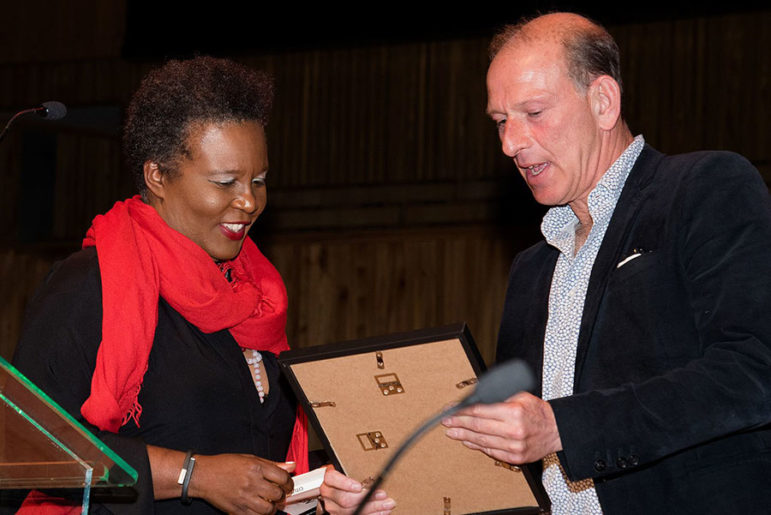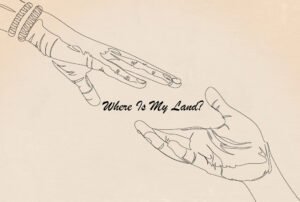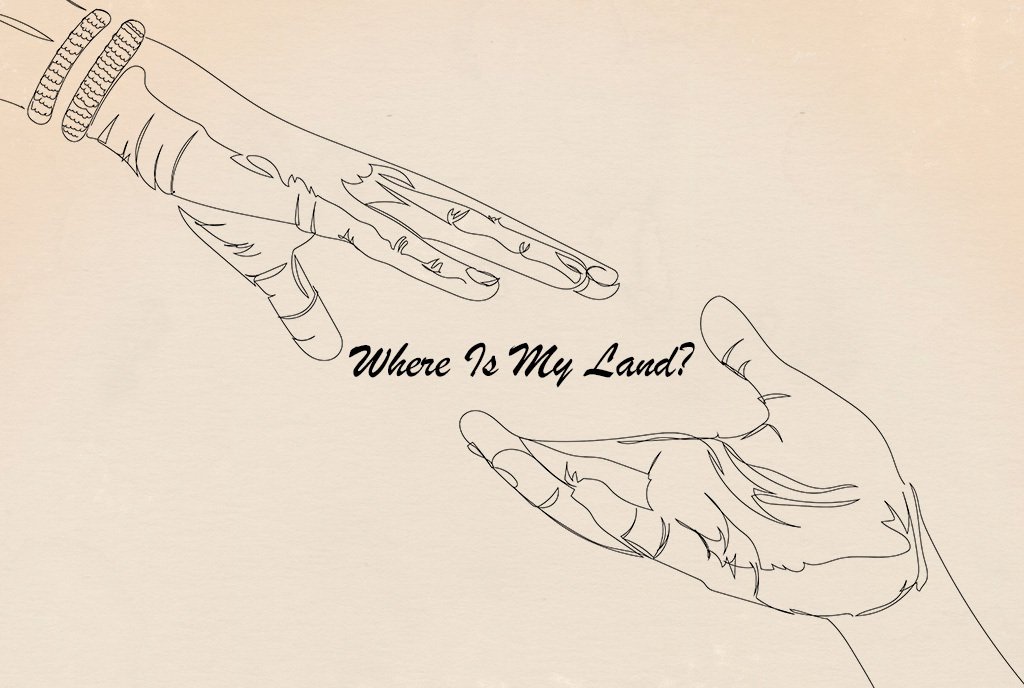
The award-winning poet Claudia Rankine is one of 23 recently announced 2016 MacArthur Fellows. As such, she’ll receive $625,000 paid in quarterly installments over the next five years. There are no restrictions, or even reporting requirements, placed on the grant. In other words, she could quietly spend the money on herself.
Her plans are to donate the money to create the Racial Imaginary Institute to “study whiteness.” In her interview with the Guardian’s writer-at-large, Steven W. Thrasher, Rankine explains what she has in mind.
Rankine is part of a group of thinkers who are dreaming up a “presenting space and a think tank all at once” where artists and writers can really wrestle with race. She wants it to be a “space which allows us to show art, to curate dialogues, have readings, and talk about the ways in which the structure of white supremacy in American society influences our culture.” These, it’s safe to say, are not the organizing questions of most of the art spaces in New York City.
To Rankine, it’s important to have the institute in downtown Manhattan, because “this is where those discussions begin” and “it has to be in the same playing field” as the world’s major galleries, like Gagosian or Pace. While she admits that galleries “might not be altering legislation”, Rankine is spot-on in understanding that “culture really does determine what we think [and] how we think about things.”
Rankine is perhaps best known for Citizen: An American Lyric, her 2014 book-length fusion of poetry, essay, and a study of Serena Williams—a treatise on American racism. She called it an attempt to “pull the lyric back into its realities.” Amid those realities are microaggressions—racist remarks, glances, implied judgments. Citizen won the National Book Critics Circle Award for poetry (also nominated as criticism). It went on to win and be a finalist for other awards and was the only poetry book to ever be a New York Times bestseller in the nonfiction category.
Sign up for our free newsletters
Subscribe to NPQ's newsletters to have our top stories delivered directly to your inbox.
By signing up, you agree to our privacy policy and terms of use, and to receive messages from NPQ and our partners.
In her interview with the Los Angeles Times, Rankine describes the MacArthur award as America, saying, “We have an investment in dismantling white dominance in our culture. If you’re trying to do that, we’re going to help you. And that, to me, is encouraging. The MacArthur is given to my subject through me.” In this interview, she describes her earlier conception of the Racial Imaginary Institute as an “interdisciplinary arts and cultural laboratory for the dismantling of white dominance.”
History reveals itself as memory throughout Citizen. Here is Rankine on the racism endured by Serena Williams throughout her career: “Yes, and the body has memory. The physical carriage hauls more than its weight. Every look, every comment, every bad call blossoms out of history, through her, onto you.”
In an interview with NPR, Rankine discusses her meditation on race in America and explains the cover image she chose for Citizen—a black hoodie against a white background that evokes the memory of Trayvon Martin.
There are two worlds out there, two Americas out there. If you’re a white person, there’s one way of being a citizen in our country; and if you’re a brown or a black body, there’s another way of being a citizen and that way is very close to death. It’s very close to the loss of your life. It’s very close to the loss of your liberties at any random moment. And so I wanted that to be considered.
Rankine concludes Citizen by explaining how America wants blacks to respond to the decision that Trayvon’s killer was found to be “not guilty” for killing an innocent boy whose mere blackness made him suspicious. “Yes, and this is how you are a citizen: Come on. Let it go. Move on.”
Rankine is moving on with her Racial Imaginary Institute. “Moving on” for her is not the same thing as forgetting, leaving behind, or letting go. She is just getting started and she is creating a gathering place for many others to join her in imagining a more just America.—James Schaffer












